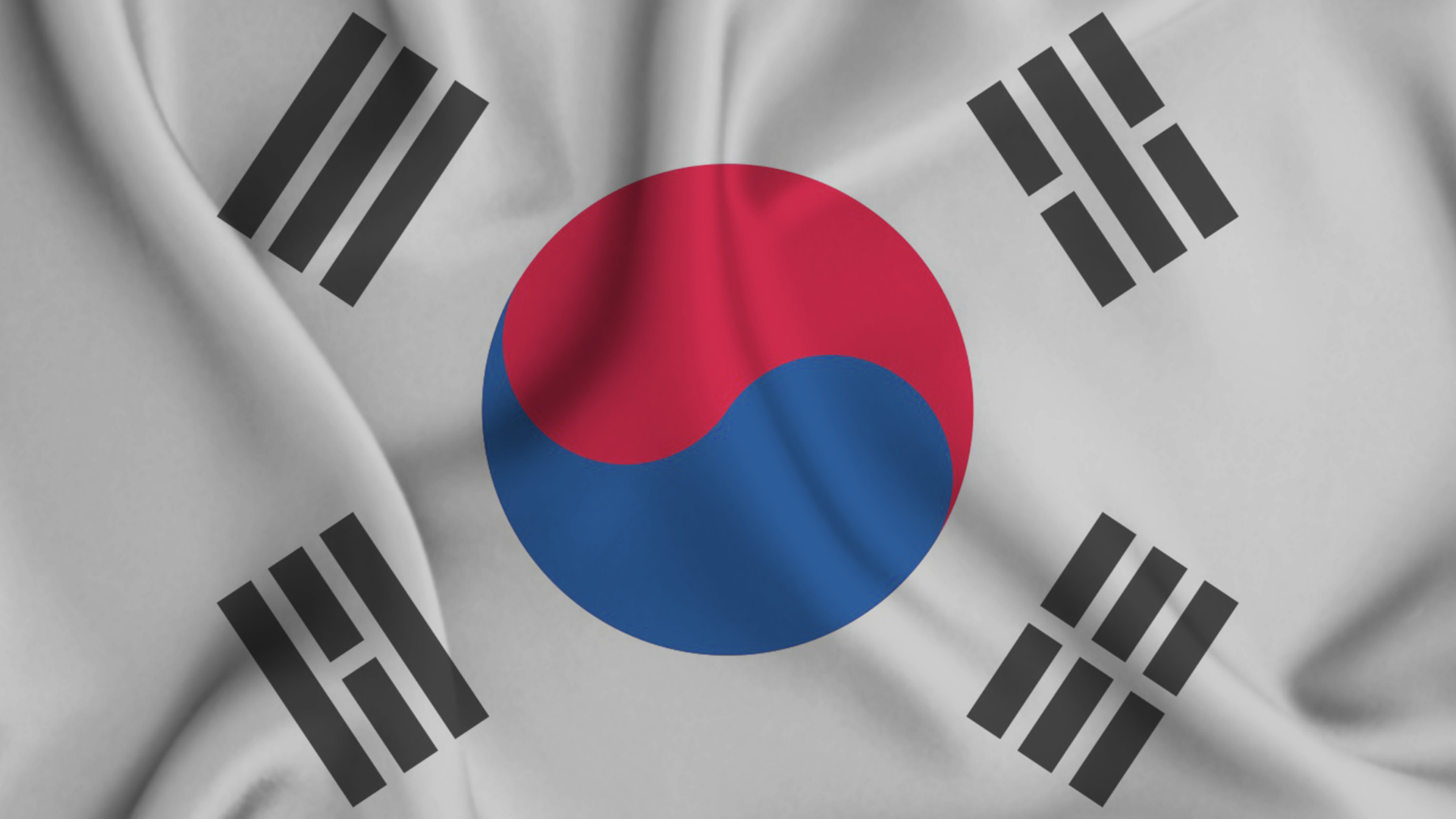The Beauty Cluster has held this week a second installment of the Beauty International Updates. The virtual conference presented by Adrià Martinez, Project Manager of Beauty Cluster, has focused this time on Korea and has the objective to present key and relevant data about the country analysed and had more than fifty attendees.
The day was opened by Verónica López, Haruharu Wonder Sales & Marketing Team Leader. Verónica gave some insight into the behaviour of Korean consumers, providing data on average spending and which products and how many cosmetics they tend to use. She also added that online sales have grown, but as for offline, Olive Young is the leader in the offline channel and is the most popular with younger consumers. In online consumption, transactions are much more divided and spread out. Veronica Lopez explained that the Korean consumer, for the most part, uses between 4 and 6 skincare products and for make-up, between 1 and 6, although she notes that with the removal of the ban on face masks this number will increase over the years. The concerns of Koreans are quite similar to those of Western consumers: 15-19 year olds tend to be concerned about acne and skin tone, 20-29 year olds about pores and blackheads, 30-39 year olds about dryness and dead skin, and adults over 40 look for products that treat wrinkles, blemishes, and skin tone.
Regarding indie brands, Verónica López said that sales of this type of brand increased by 127%, especially through word of mouth. As for trends, they also change according to age range. From 20 to 29, vegan, personal colour, make up dewy, from 30 to 39, they are interested in Lifting, Reedle Shot, Home Care and, in short, domestic appliances. From the age of 40 onwards, the focus shifts to elasticity and radiance. Conscious Beauty, explains Veronica Lopez, has been a trend for years in Europe, but not in the same way in Korea: "It wasn't something that Korean consumers paid attention to. Since last year, clean beauty has gained momentum and now it has changed to 'vegan', especially among the younger generation". She also pointed out that there is now a growing consumer interest in nutricosmetics and dietary supplements.
The second speech of the day was given by Guillem Lao, APAC Business Manager of Vytrus Biotech, who showed the relationship between K-Beauty and biotechnology. During his presentation, he explained some of the assets of Vytrus that had succeeded in South Korea and how they managed to reach Asian markets. Lao indicated that South Korea has become the largest exporter of cosmetic products and is expected to grow by approximately 2.42% until 2028. As Guillem pointed out, the largest market segment is skin care. Lao said that South Korea is a market that has been easier to enter because they are not afraid to introduce new technologies and innovations. Guillem Lao, like Veronica, pointed out that sustainable ingredients were gaining importance and are becoming an important trend in the country. As for their active ingredients, the protagonist there is Centella Reversa, from Vytrus, which was launched in 2016 and which comes from Centella Asiatica and works very well in Korea, according to Lao, who explained that it meets the claims demanded by the Korean consumer.
The last session of this second edition of the 'Beauty International Updates' was given by Daniel Redón, Head of the Iberian subsidiary of Ecomundo, to learn about the regulatory aspects of the cosmetics sector in South Korea. Redón explained that when entering the Korean market it is important to focus on innovation and technology through the presence of advanced skin care products, innovative formulas and unique packaging. In regulatory and normative aspects, South Korea has an extensive regulatory text base in the sector: Cosmetics Act, Cosmetics Act Enforcement Rule, Cosmetics Act Enforcement Decree, Cosmetics Safety Rules and the Regulation for the Selection of Functional Cosmetics. Redón also added the difference between cosmetic products and quasi-medicines, something that is also occurring in other Asian markets such as China. In this case, Daniel Redón explained the classification of cosmetics and what type of products form part of the three categories: general cosmetics, functional cosmetics and non-cosmetic products. Subsequently, and to conclude his presentation, the head of Ecomundo in Ibérica, clarified the procedure to follow for the registration of cosmetic products in South Korea and who are the entities responsible for the control of cosmetics, as well as the different certifications admitted in the country.
Adrià Martínez invited the attendees to attend the third edition of Beauty International Updates, which will focus on the United States and will be held on 14 March. One of the main topics to be discussed will be the new features of MoCRA, something that has generated interest in the sector at an international level during the last months of 2023.
